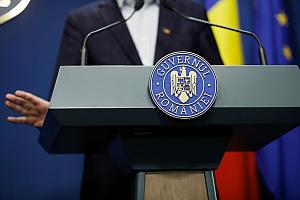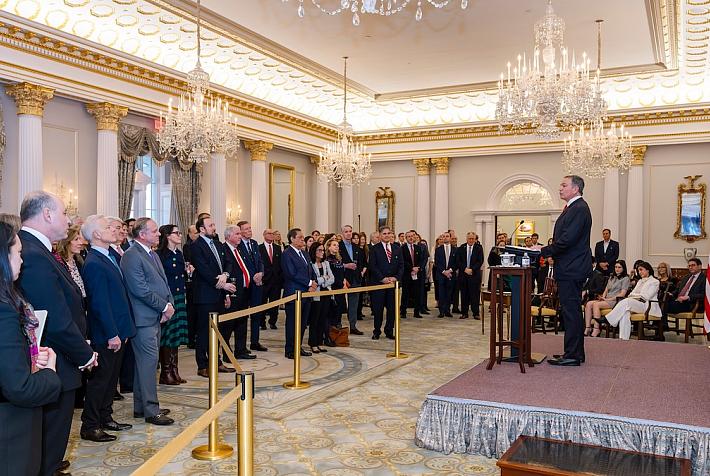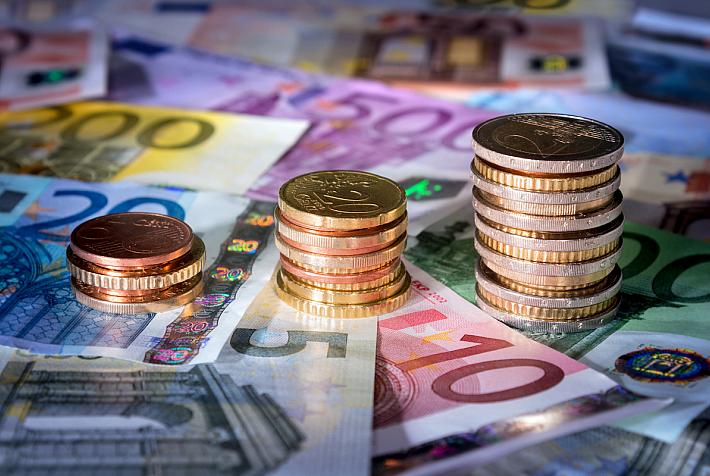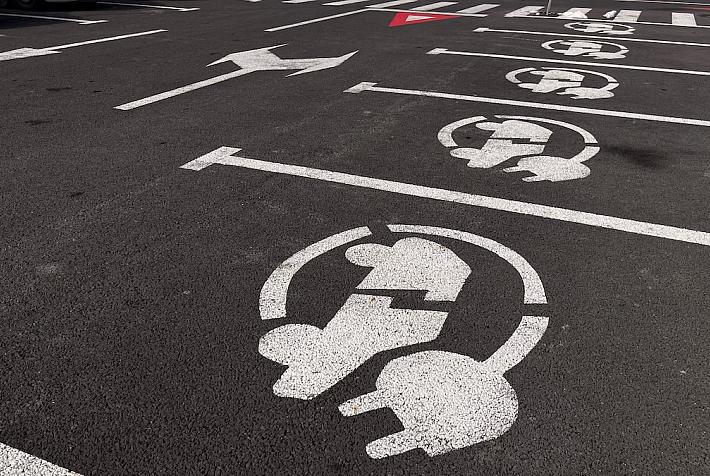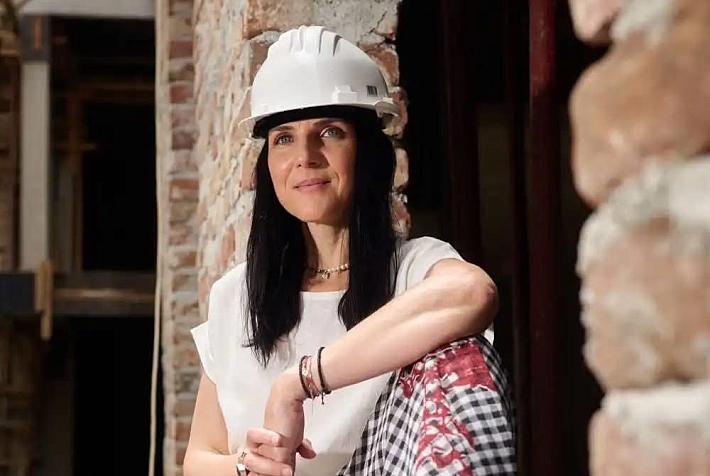Romania's ruling coalition endorses new government with robust majority
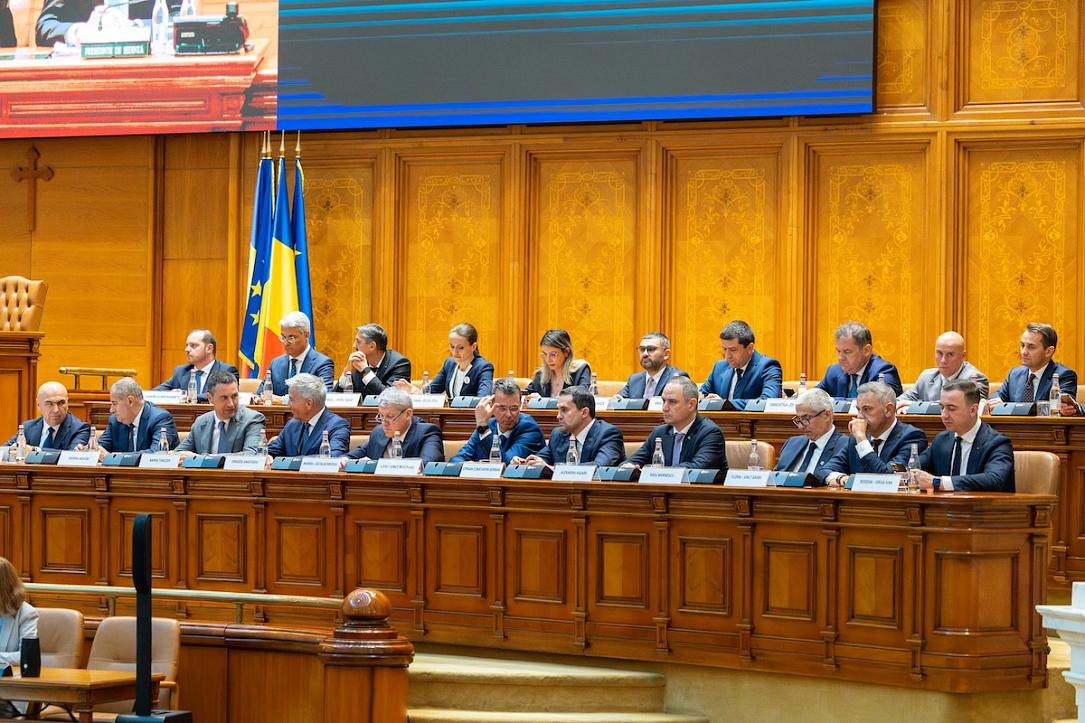
Romania's new government, headed by prime minister Ilie Bolojan and backed by the four pro-Western parties in Parliament, was endorsed with a majority of 65% of the votes (301 of 465 MPs) and already held its first meeting on Monday, June 23, according to Hotnews.ro.
The endorsement procedures were quick after president Nicusor Dan nominated Ilie Bolojan as prime minister-designate on June 20, one month after he won the presidential elections and invited the pro-Western parties to form a new executive.
The lawmakers have endorsed the members of the executive as proposed – including five deputy prime ministers and 16 ministers.
The new executive has the urgent task of restoring the balance of the public finances after the 9.3%-of-GDP public deficit last year that prompted negative reactions from the European Commission and the rating agencies. Within two weeks, it has to deliver the annual fiscal plan under the Excessive Deficit Procedure (EDP), a mission complicated by last year's fiscal slippage.
At the same time, the new ruling coalition must gain the confidence of the electorate, which is still disappointed by widespread corruption and significant income discrepancies and increasingly inclined to vote for populist parties.
Earlier in the day, the four parties signed the Political Agreement for collaboration. Under the provisions of the agreement, prime minister Ilie Bolojan (PNL) will leave his seat to a representative of the Social Democratic Party (PSD) at the end of April 2027, and the prime minister, in principle, will have a right to veto new ministers in the case of government reshuffling.
During the government meeting held later in the evening, the executive endorsed the draft law that empowers it to issue ordinances for the period between the date of entry into force of the law and the resumption of Parliament's work in the second ordinary session of 2025. The draft law "will be sent to Parliament with the request to be debated and approved in an emergency procedure."
The government explained that, thus, "it will be able to regulate in the following areas of activity: finance and economy, development, public works and administration, agriculture, labor and social solidarity, digitalization, health, transport and infrastructure, environment, foreign affairs, consular activities, and foreign investments, European investments and projects, culture and regarding the extension or modification of deadlines provided for in normative acts with the force of law."
Romania had a caretaker government since May 5 when the Social Democrat prime minister Marcel Ciolacu resigned following repeated failures of his party in the presidential elections and lower-than-expected results in the December 1 parliamentary elections.
Before this, the Social Democratic Party (PSD) and the Liberal Party (PNL), which remain the largest parties in the current ruling coalition, cooperated under a coalition forged in 2021 by former president Klaus Iohannis. As both parties obtained disappointing performances in the December 1 parliamentary elections and their candidates failed to make it to the second round of the presidential elections, presidents of PNL Nicolae Ciuca and PSD Marcel Ciolacu have stepped down in a move aimed at allowing internal reforms.
iulian@romania-insider.com
(Photo source: Gov.ro)







